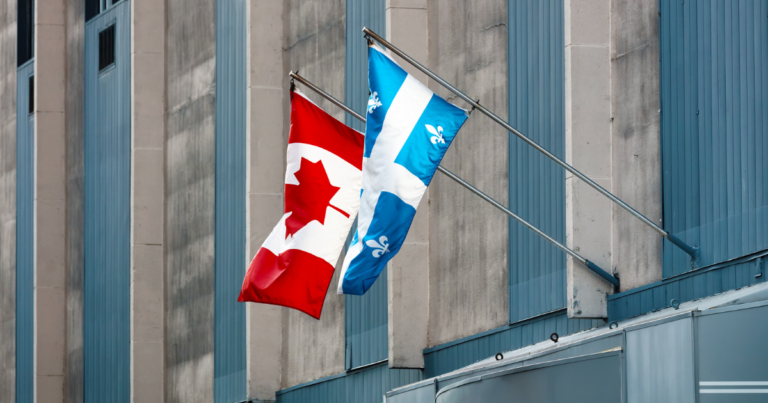Increasing Francophone Immigration Targets Outside Quebec: A New Era for Francophone Minority Communities

The recent announcement by Canada's Minister of Immigration, Refugees and Citizenship, the Honourable Marc Miller, in Caraquet, New Brunswick, marks a decisive turning point in Canada's Francophone immigration policy. This historic initiative aims to strengthen Francophone minority communities outside Quebec. These communities, the vital fabric of Canada's cultural mosaic, are now at the heart of an ambitious strategy to foster their development and meet the country's growing workforce needs.
New Francophone Immigration Initiatives
The new Francophone immigration policy proposes a revolutionary approach. It envisages concrete, innovative actions over the short, medium and long term to increase the demographic weight of Francophones outside Quebec. This policy goes beyond mere declarations: it includes concrete measures such as promotional campaigns and increased support for recruitment, both in Canada and internationally. In addition, specific sectors will be targeted to alleviate labour shortages, thus consolidating the role of the French-speaking community in Canada's economic development.
Another key measure is the expansion of the Welcoming Francophone Communities initiative. In addition to the 14 Canadian communities already supported, up to 10 new communities will receive funding to foster the integration of French-speaking newcomers. This will help create environments conducive to their economic and socio-cultural integration.
Support programs and action plans
The new program to support francophone immigration, which focuses on funding innovative projects, aims to eliminate barriers to francophone immigration. This includes facilitating the participation of French-speaking communities in international initiatives, as well as recruiting and accompanying French-speaking candidates.
The Action Plan for Official Languages 2023-2028 plays a crucial role in this strategy, with an investment of over $137 million. This action plan illustrates the federal government's firm commitment to supporting Francophone minority communities, ensuring their sustainable development and vitality.
Impact and future prospects
The target of 4.4 % for admissions of French-speaking residents outside Quebec, already exceeded in 2023 with a rate of 4.7 %, bears witness to the success of these initiatives. Immigration, Refugees and Citizenship Canada (IRCC) has set even more ambitious goals for the coming years, with admission targets of 6 % in 2024, 7 % in 2025 and 8 % in 2026. These targets, both ambitious and achievable, testify to Canada's determination to enrich its social and economic fabric through dynamic and diversified francophone immigration.
The implementation of these measures promises to significantly strengthen Francophone minority communities outside Quebec. The Government of Canada, in close collaboration with the provinces, territories and key partners, is committed to building on this momentum, ensuring a prosperous and inclusive future for the Canadian Francophonie.






